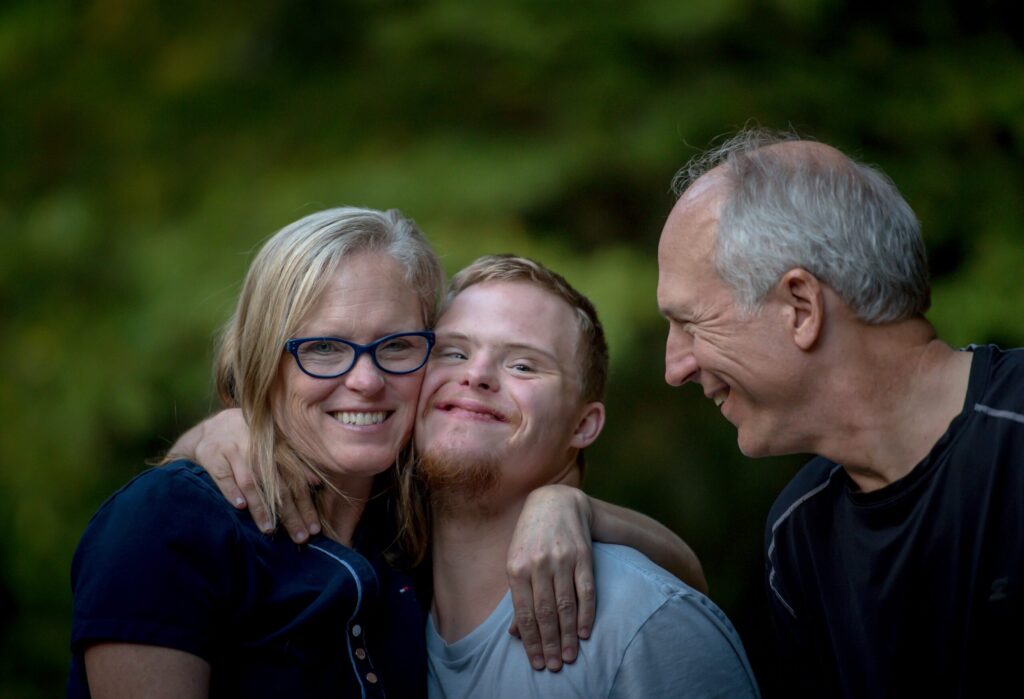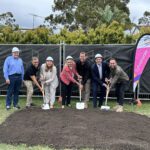The Final Report of the Royal Commission into Violence, Abuse, Neglect and Exploitation of People with Disability has been released. It includes 222 recommendations, reflecting the many settings and contexts in which violence against, and abuse, neglect and exploitation of, people with disability takes place.
Since 2019 when it commenced its work, and despite the interruptions of COVID-19, the Commission:
- Held 32 public hearings with 837 witnesses
- Received 7,944 submissions
- Had private sessions with 1,785 participants
- Conducted over 700 community engagements and 12 policy roundtables / workshops
- Released 14 issues papers and 28 research reports.

The report includes twelve volumes covering a wide range of subjects, including over 1,500 narratives drawn from the experiences shared by people with disability. It has identified many policy issues which it says must be addressed by governments, institutions, and the community.
In addition to the recommendations, it outlines a vision for a future when people with disability live free from violence, abuse, neglect and exploitation; where human rights are protected; and where individuals live with dignity, equality and respect.
Vision for an inclusive Australia
The Commission heard experiences of people with disability confronting dehumanising attitudes, with low expectations of what they can do and achieve.
The vision for an inclusive Australia in the Final report is of a future when people with disability:
- Live, learn, work, play, create and engage together with people without disability in safe and diverse communities
- Have the power of choice, independence and the dignity to take risks
- Make significant contributions to communities that value their presence and treat them with respect
- Are culturally safe and belong in families, communities and peer networks.

Recommendations for change
The 222 recommendations are what the Commission finds are needed “to ensure we live in a more inclusive and just society that supports the independence of people with disability and their right to live free from violence, abuse, neglect and exploitation.”
The majority of recommendations are for the Australian Government, while some are directed at state and territory governments and non-government agencies.
Key Recommendations
- Strengthen the human rights protections of people with disability by enacting a Disability Rights Act (DRA) and establish a new National Disability Commission as an independent statutory authority.
- Create a dedicated Australian Government portfolio and appoint a Minister for Disability Inclusion to provide national leadership in disability issues, policies and programs.
- Enable autonomy for people with disability to make their own decisions with support as required, remove barriers to accessing information, products, facilities and services, and provide better access to quality health care.
- Achieve inclusive education, employment and housing by removing barriers in mainstream systems for people with disability.
- Address the over-representation of people with disability in the justice system, with better supports and services while in custody and on their release.
- Remove barriers for First Nations people, to provide access to safe, inclusive, quality services and supports.
- Increase the number of skilled and capable disability support workers providing safe and high-quality services, with the right supervision and training in place.
- Strengthen regulation and oversight of National Disability Insurance Scheme (NDIS) funded disability services by the NDIS Quality and Safeguards Commission.
- Improve independent oversight and complaint mechanisms for people with disability.
The full Final report can be found at the Disability Royal Commission website. An Auslan video is available, as well as an Easy Read version of the Final Report Executive Summary.











